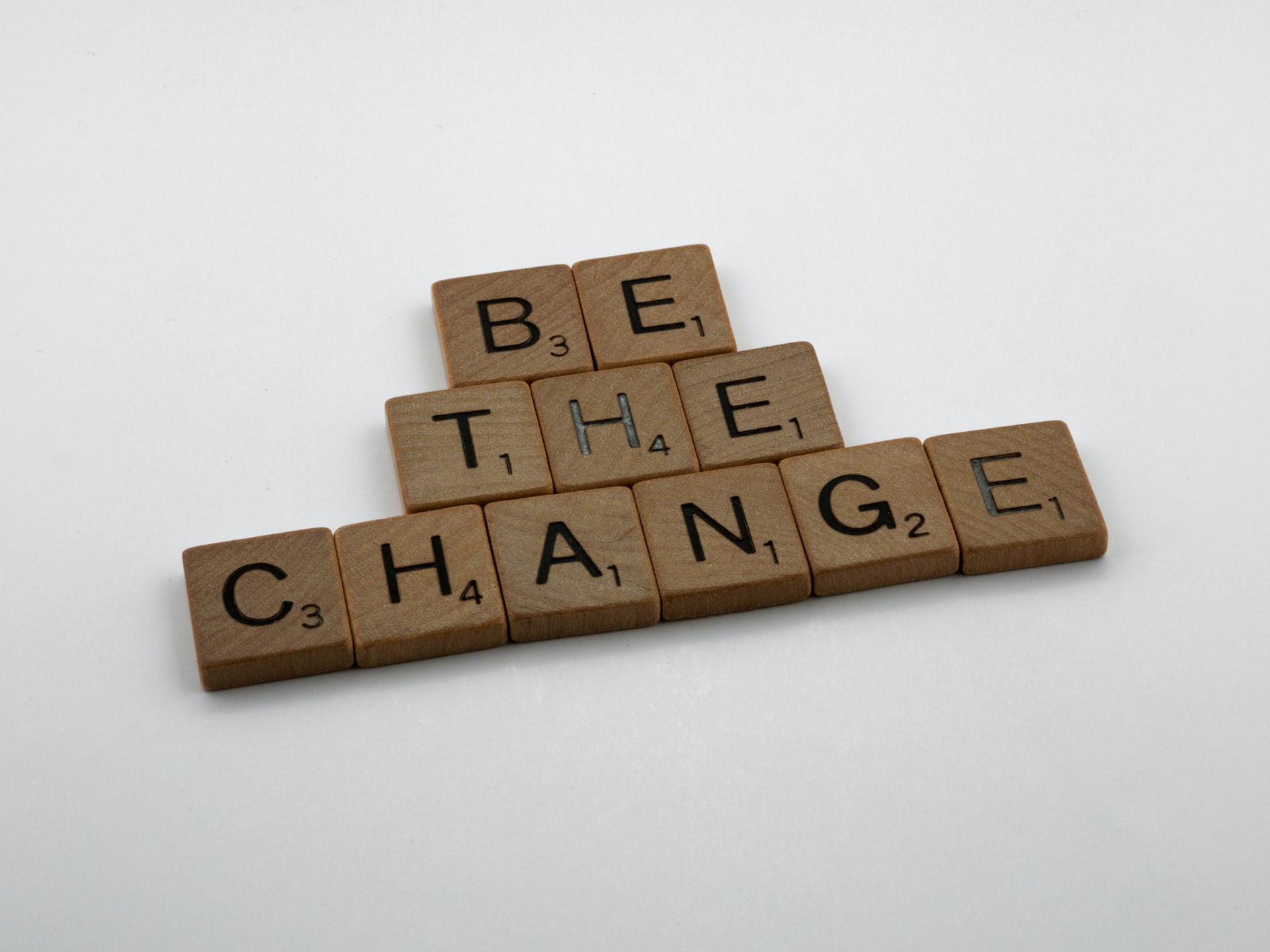7 big questions about the Music Industry Review into sexual harm & discrimination

Photo by Waldemar Brandt on Unsplash
Content Warning: This article covers sexual assault & harassment and may be triggering for some readers. If you or someone you know are affected by the following story, you are not alone. To speak to someone, you can call Lifeline on 13 11 14, or 1800 RESPECT on 1800 737 732.
Yesterday, almost 500 people from across the industry gathered to hear about the Music Industry Review into sexual harm. TMN’s former editor and content director, Vivienne Kelly, was there and can now report back on some of the biggest looming questions. Will there be consequences for specific individuals and incidents? Is the industry actually ready for this? And what comes next?
Will there be accountability/ consequences for specific behaviours and incidents?
The Music Industry Review into sexual harm is not an investigation. It will not result in ‘naming and shaming’ perpetrators and isn’t focused on identifying specific incidents of harm.
Instead, it’s a comprehensive examination of the industry’s culture of sexual harm, and what can be done to fix it.
Those involved in the review have promised to take an intersectional approach “to ensure the process is inclusive and that a cross-section of voices help self determine and inform the findings and the recommendations”.
The review seeks to hear about people’s experiences, perspectives and their suggestions for change.
“These consultations are about elevating the voices of those who’ve not been heard, or who have not been listened to – people who have been silenced by a system that has made it psychologically unsafe to speak out,” the industry was told yesterday.
While the review and the report itself won’t hold individuals accountable, the hope is it will pave the way for people to more safely speak up and give organisations and leaders an understanding and framework of what to do next.
“Sometimes I can become a bit vigilante in my thinking about ‘name and shame’, but [the report won’t be like that],” a speaker said at an industry meeting yesterday. “I hope that once this review [is over]… that the whole industry will adopt a zero-harm approach and that also there will be reporting systems that are safe for people to come forward, and that whether you’re an individual performer, or whether you work within a structure such as a company, you’re held to account. And if that might mean losing your record contract or whatever, then so be it.
“… There has to be clear lines of accountability. There has to be the commitment around it to hold people to account. And there needs to be safe places where people can report these issues.”
Is the industry ready for this?
Those involved in the report believe the answer to this question is simple – yes.

Photo by Brett Jordan on Unsplash
They contend that two things indicate the industry could actually be ready to hear some harsh truths and do the ensuing work.
Firstly, there’s the fact that the report is being done at all.
“I think the Australian music industry has some amazing advocates and activists who have been calling for a review for years, and I just want to commend them for their tireless efforts for getting the industry to this place,” a speaker said yesterday.
“The fact that so many of you are here today… 476 people are here today, that you care enough and you’re interested enough to attend this session, is impetus for change in itself.”
The industry’s interest in this project gives them faith that change could actually happen.
“We know that we’re better and stronger together… I think it’s great that you’re taking a proactive approach in wanting your industry to be better, to be safer and to be a leader in this space. I sense you’re mobilised, committed and driven to make positive change – a change that can only strengthen and enhance each of us as individuals, as a collective, and the industry as a whole.”
Plus, there’s the general shift both locally and globally which indicates the tide is turning.
“We’re also at a pivotal moment in this country as well as globally, accelerated by the Me Too movement, by the Time’s Up movement, by apprehending very high-profile perpetrators, and by a number of very high-profile reviews here in this country,” a presenter noted at the meeting.
“So what that is saying is, the community’s tolerance for this sort of behaviour is getting less and less. So that’s what I mean when I say we’re at a pivotal time.”
How will participants be protected?
Everyone involved in the report has been at pains to reassure people that their highest priority is protecting survivors and participants.
Those involved said they will go out of their way to make sure any quotes or anecdotes included in the final report cannot be traced back to the individual who said them.
If there is an inkling or any uncertainty around anonymity, they said they will double check if it can be used “and if we think there’s even a remote change that someone can be identified, we think about it another way, or we just don’t use it at all”.
Questions were also raised by those in attendance about how First Nations people and other marginalised groups will be included and protected – particularly given that the industry, and even research, was built and exists via a settler lens.
“Any research or any report, any system that we work within at the moment is going to be one that is a result of colonisation,” it was conceded yesterday.
“There’s absolutely a recognition that it’s an industry that has been built on a colonial history, but also that is still predominated bu people who are white and who have benefited from that privilege.”
They noted that they alone can’t decolonise research, but organisers reassured attendees that they will work with a number of First Nations advisers and elders as well as other under-represented populations throughout the course of the review.
How does the industry ensure this isn’t just “another report”?
The industry was warned that the Music Industry Review into sexual harm, sexual harassment and systemic discrimination would be in danger of becoming ‘just another report’ which gathers dust if the sector doesn’t take certain and concrete steps after its release.

Photo by Brett Jordan on Unsplash
“Unfortunately it will just be another report unless there’s courageous and committed leadership from the industry. If you don’t have that type of leadership, it will just gather dust. So courageous leadership is what ultimately brings about real change, and this means leaders in the industry, those with power and influence – whether they run companies, are performers, producers, agents, and others – must visibly and tangibly commit to implementing the recommendations. They must be transparent about the implementation and they must establish an accountability and monetary mechanism to ensure change happens, progresses and is measured,” the industry was told.
Despite the risks of losing steam or waning commitment, the music industry was equally praised for its early movements and momentum in agitating for change and staying the course.
“There is, as we know now, great momentum for change across the industry,” a speaker said. “So one of the [potential] pitfalls would be, don’t lose that momentum, ensure that the course for cultural change is focused and doesn’t stray.
“This is also a review that will gather media attention, so it’s important to keep stories confidential and to balance the narrative across the entire industry for all roles and all people… People do want change, and it’s incumbent on everyone to ensure that change occurs… Maintaining that momentum and commitment [will be key].”
What does ‘success’ look like?
Success off the back of this extensive review has both short-term and long-term elements.
Short-term, there needs to be widespread acceptance and action on the report’s recommendations, particularly from those with power and influence.
More broadly, as as time ticks on, there needs to be more long-term, sustainable and measurable change in the culture.
“[Success will be] a music industry where everyone is safe and respected,” a speaker suggested yesterday. “In those instances where people do suffer harm, there should be safe processes and mechanisms in place for them to report and for perpetrators to be held to account.
“So success will be when the industry’s culture is inclusive and safe for all, and there is strong accountability.”
How are the report’s authors avoiding conflicts of interest?
Even though funding for the report is coming from within the industry, the report won’t be sugar-coated and its recommendations won’t shy away from any harsh truths, it was said yesterday.
The report’s authors are said to be agnostic, regardless of where funding is coming from. (So far, AFA, APRA AMCOS, ARIA PPCA, Australia Council, MusicACT, MusicNSW, MusicNT, One Louder, Ourness and Support Act have signed on as funders).
The consultants’ role is to listen to the experiences and stories of people across the industry, not answer to the above organisations.
Redactions would only occur to protect a survivor, not a funder. No key themes, issues or recommendations for change will be influenced by those with control of the purse strings, according to yesterday’s meeting.
What next?
Photo by Brett Jordan on Unsplash
The review was only launched this month, and there’s already been the industry-wide meeting, where the above questions and concerns were tackled.
Next month, an industry liaison will be appointed, and in February it really kicks off.
From February onwards, the consultants will hold focus groups, confidential interviews, take confidential submissions and conduct a national survey.
The report will be handed down in June, 2022.
To discuss making a financial contribution to the project, email info@musicindustryreview.com.au. Tier Four contributors are asked for $1,000 to $3,000, while Tier One is upwards of $25,000.
You can find out more about the Music Industry Review here.
If you need assistance after reading this article, you can call Lifeline on 13 11 14, or 1800 RESPECT on 1800 737 732.


































